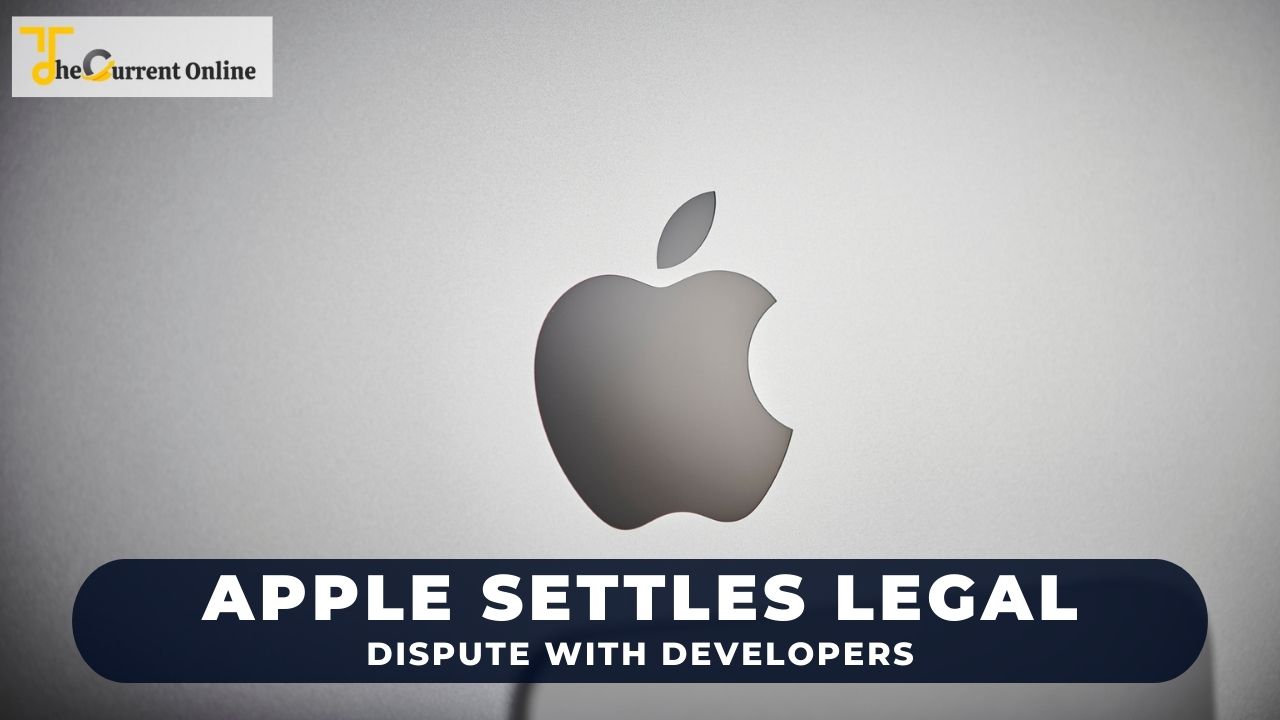Kosta Eleftheriou, an app developer and former Pinterest engineer, rose to fame after disclosing a number of problems with Apple’s App Store, including million-dollar frauds by dubious developers. A settlement has been struck between the developer and the corporation after Eleftheriou’s lawsuit against Apple was filed last year.
Apple v. Kosta Eleftheriou
The case was submitted to the Santa Clara County branch of the California Supreme Court in March 2021, and it received approval to move on in January 2022.
According to TechCrunch, a judge conducted court calls with Apple and Eleftheriou and made the decision to dismiss the case. Unfortunately, the settlement’s details are still ambiguous at this point because neither the developer nor Apple have made any statements.
It’s difficult to imagine that Eleftheriou would accept terms that are wholly advantageous to the company given that he was willing to sue Apple. Kosta Eleftheriou has exposed a number of fraud programs that are available in the Apple App Store over the past two years. Even if these apps didn’t deliver on their promises in certain circumstances, they nonetheless made millions of dollars.
Eleftheriou has long worked to dispel Apple’s assertions that the App Store is a secure environment by demonstrating that the store’s digital platform has numerous security holes that allow nefarious developers to exploit iOS customers and extort money from them by creating counterfeit apps. The developer also revealed how many apps use false reviews to give the impression that they are trustworthy.
Additionally, he expressed concern about how simple it is for developers to upload duplicate versions of other apps to the App Store. For those who don’t know, Eleftheriou is the creator of FlickType, a well-liked keyboard app for the Apple Watch. Many paid, inoperative copies of FlickType were made available on the App Store, and Apple only deleted them after Eleftheriou received some press coverage.
Other issues with the App Store exist.
Since then, Apple has added new guidelines against fraudulent apps to the App Store Guidelines. Although the firm has once again included a “Report a Problem” option in the App Store, much work remains. Authenticator app creator Kevin Archer complained about many “copycats” of his app in the iOS App Store back in February, but Apple did nothing to address the issue.
Despite the fact that Apple doesn’t appear overly bothered by developer complaints, this could have a significant effect in the future given that the US Department of Justice has started preparing an antitrust action against Apple. The complaint is anticipated to focus on Apple’s anti-competitive behavior, particularly with regard to the App Store.
A recent source claims that the DOJ is delaying filing the lawsuit as it awaits the resolution of the Epic Games v. Apple dispute.
FAQs
Did the court approve Apple’s settlement?
Judge OKs Apple’s Settlement Offer of $30.5 Million in Bag Check Lawsuit. According to Bloomberg Law, Apple has agreed to pay $30.5 million to resolve a long-running complaint regarding employee bag checks. A judge has now officially approved the settlement amount after Apple initially agreed to it in November 2021.
How will the Apple lawsuit pay me?
Members of the class will automatically be paid. Your payment will show up as a credit on your Apple account if you still have an active monthly iCloud Plus subscription. In the event that your iCloud subscription ends each month, you will either get a reality check in the mail or an electronic transfer into your bank account.
Is Apple actually being sued?
The case is paying out between $63 million and $68 million to customers, with the remaining amount going to the lawyers. Anyone who bought AppleCare or AppleCare+ for an iPhone or iPad after July 20, 2012, and received a refurbished device as a replacement, will receive payments.
What payment did Apple make?
You can send or receive up to $10,000 for each message. You can transfer or receive a maximum of $10,000 throughout the course of seven days.
